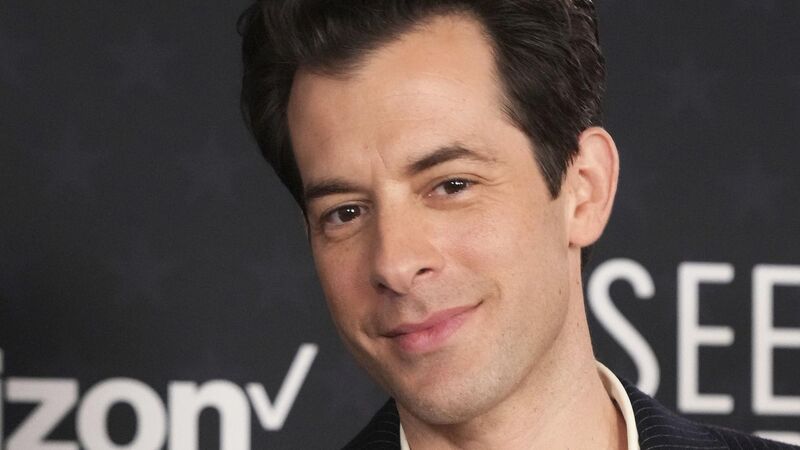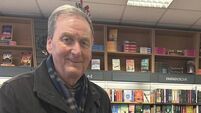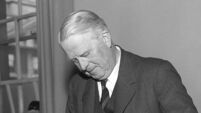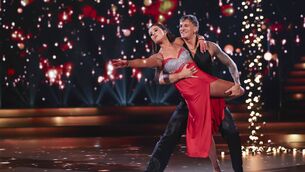Book review: A love letter to more humble beginnings

In 'Night People' Mark Ronson’s intent on honouring 'the old me' — the hustler hauling record crates up apartment stairs, long before smartphones lit up dancefloors or every set was documented online. File picture:Jordan Strauss/Invision/AP
- Night People: How to be a DJ in 90s New York City
- Mark Ronson
- Century, hb £25
BOOKS & MORE
Check out our Books Hub where you will find the latest news, reviews, features, opinions and analysis on all things books from the Irish Examiner's team of specialist writers, columnists and contributors.







